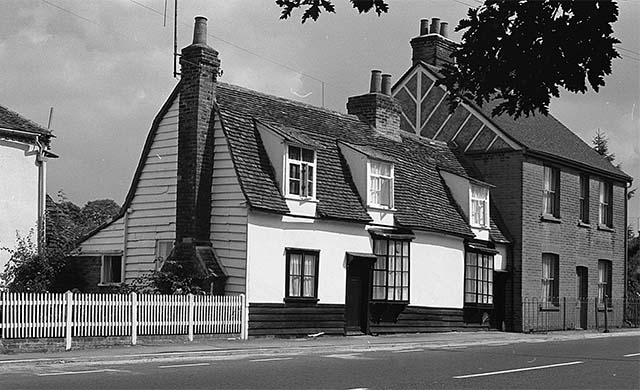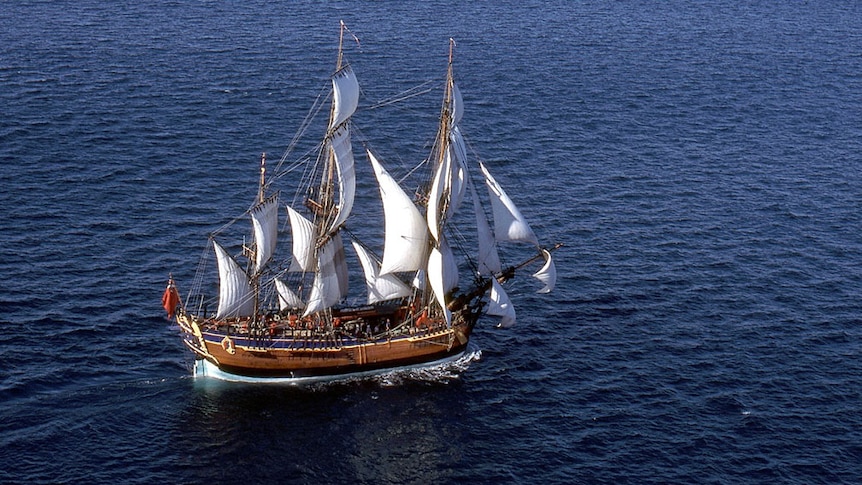Re-reading Olaudah Equiano’s Interesting Narrative I paid too little attention to a passage in which the enslaved African is negotiating the price of his manumission in the late 1760s. I noticed the human interaction involved with his generally benevolent Quaker owner (which was what Equiano intended as an author), but glossed over the actual monetary values, simply because to my modern eyes they seemed small.
The owner was speaking of the financial penalty of letting him go, having paid £40 for him. Equiano, in turn, pointed out that his owner had made at least £100 a year from his work (in various roles including as a seaman and trader), and that it was not unreasonable that he pay something close to his purchase price for his freedom, which was roughly what he had saved up from his own trading enterprises. You’ll have to read the book for the outcome.
When I checked out some sources, it looks as though £40 was a more or less average price for a slave around that time. Slaves arriving direct from Africa were cheaper than Caribbean-born ones, because of the higher death rate and lack of skills. Prices could also vary according to age and acquired skill-set. Though West African, and enslaved locally around the age of ten, Equiano had been around the Western trade for a while, and had learned a number of skills including literacy and some navigation, so maybe he was something of a bargain for the owner.
Whatever Equiano’s individual situation, though, the passage actually shows that the idea we have of slavery as cheap, free labour is wide of the mark. Slaves were actually an expensive commodity. In England at that time a labourer in London would earn perhaps £20 annually, and somewhat less in the country. The basic yearly wage of a seaman – Equiano’s core skill – was even less, at around £12-15.
So buying a slave would cost a plantation owner perhaps two or three years of a free labourer’s wages, and one suspects that was a non-option partly because of a labour shortage such as we have now in Britain for “unsocial” jobs. No Europeans were keen to work the land in tropical conditions – though apparently they were willing to take their chances on the harsh life of a mariner for pretty poor returns.
The average plantation at that time was around 220 acres, and owned 100 slaves. Assuming they were all bought rather than born there, that is for the time a huge investment of some £4000. In terms of production, the main crop of sugar was fetching around £100 a hundredweight (that’s 1/20 of a ton, for you metric youngsters).
As another price comparison, my first house, a small Essex timber cottage, came with a complete set of fabulous original documents dating back to 1770, when it sold for £180 copyhold. Clearly no labourer could save enough to buy such a cottage rather than rent, but the same money would only buy you around four slaves. For Equiano, frequently cheated by unscrupulous whites, to have saved the price of one slave shows his success as a businessman, and explains the surprise of his owner when he applied for his freedom.
A couple of things emerge from this. The first is to understand better why the abolition of slavery was such a hard-fought battle. On both sides of the Atlantic the question of how to handle the economic problems of abolition became prominent (as was how to manage the sudden emergence into the workforce of many thousands of unskilled and literally de-moralised blacks, but that’s another story). By the time of abolition here or in the United States, the problem was more acute as shortages had increased the price of slaves dramatically.
Modern comparisons are difficult, of course, but the loss of capital investment to an average (220 acre) plantation owner of releasing his slaves would have been £4000 – a third more than the purchase price of Captain Cook’s HMS Endeavour in 1768, and the annual salary of the First Lord of the Treasury. That would mean he would have to sell the equivalent of a large ship to compensate, as well as having no work force unless the ex-slaves chose to work for him. The financial cost would, of course, be proportionately greater for the big guys owning several plantations in order to build the large country houses tut-tutted by the National Trust now.
The relevance of that is to ask whether anyone seriously considers that any of our billionaire philanthropists now would be willing to completely impoverish themselves by paying their workers high wages and severing all ties with slave labour overseas at the cost of their manufacturing capacity. That appears doubtful. But historically a deal was reached with the slave-owners, and without re-booting the world economic system to convert slavery into Great Reset economic serfdom.
The second thought I had was, given the high price of slaves, why on earth it was that throughout the system their lives were sacrificed so cheaply. It’s hard to believe that some greater care in preserving life during the sea passage, and certainly the avoidance of the wanton cruelty that Equiano witnessed, would have led to significantly greater profits for the traders. One explanation Equiano gives is the case of a shipload of slaves being deliberately drowned for the insurance money: did they also get insurance compensation for the normal “wastage” of lives?
Even more surprising, Equiano’s observations of the savagery meted out – often lethally – to plantation slaves seems to show a disregard for basic economic prudence. Why harm your own production capacity? Even Equiano’s Quaker master seems to have been incapable of hiring white “management” who didn’t treat black human lives as expendable, and we all know about notorious plantation owners abusing their slaves on an industrial scale.
I can think of two reasons for this. The first is lack of accountability for the property of others. The West Indies (and I suppose other slave areas) seems to have been the epitome of societies beyond the reach of the law. The kind of Europeans who ended up seeking employment there were as lacking moral compass towards their employers as towards their employer’s slaves. And the kind of guy who made his wealth by going out to the Caribbean as a venture capitalist was often little better apart from wealth and education. The bottom line is that if you give human beings power without responsibility, they will usually turn to evil.
The second reason I can envisage is not that far removed from the first: some of those involved were so unbelievably rich that it was neither here nor there to them what their profit margins were. As in Orwell’s 1984 – and as, to all appearances, among Jeffery Epstein’s wealthy clientele – the exercise of the lusts of the flesh and of power over the helpless for its own sake was more important than making the business pay. We have many parallels in the same period of men inheriting vast estates and squandering the lot on gambling and debauchery. In the Caribbean you didn’t even lose your reputation by such a lifestyle.
All of which makes me think that we’re looking at the wrong target to search out the existing families or the country piles whose wealth depended on the slave trade two or three hundred years ago. It was indeed an unjust economic system, but could have been carried on in a way that would have left far less of a bitter memory. After all, a slave treated compassionately is materially no worse off, and only a little less free, than a “free” agricultural labourer, or a pressed-ganged naval rating, was during economic depression in England in the same period. The economics were the least of the evils: the worst of them came from the brutishness of human nature where the reach of just laws, and the true Gospel, is weak. Equiano suffered the absence of the first, but somehow found his way to the second.
That is just the same today, and may easily be found either where the rich are disproportionately powerful, or where the poor have little recourse to just, representative, laws. So what else is new?


